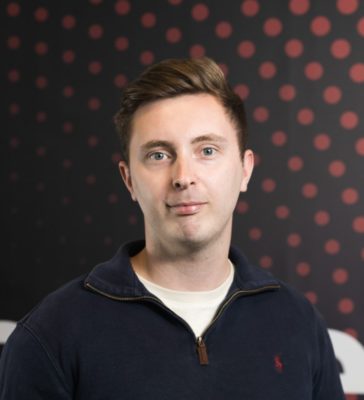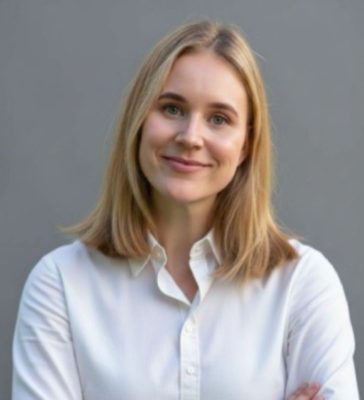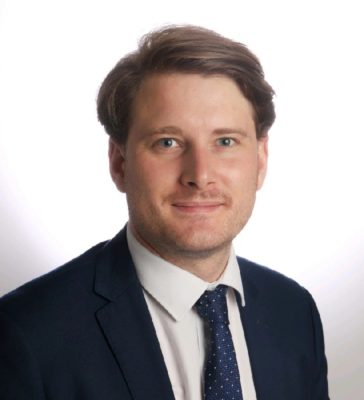
Oliver Havenhand
Current Employer/Organisation Name
Legend
What have you been doing since leaving Exeter, and what are you doing now?
After I left university I applied for lots of graduate schemes and managed to get a job at PwC working in Audit. I worked out of the Birmingham office for a while, but as all my clients were London based, I was asked to move down to the London office. I stayed there for 3 years, completing my ACA exams and becoming a chartered accountant in 2022.
Using my qualification and experience at PwC, I then found it quite easy to take the next step. I started at a US-listed software company called OpenBet, working as an Senior FP&A Analyst. I worked on monthly reporting cycles, presenting to leadership, doing ad hoc analysis with financial data, and building financial models to support business cases to drive strategic direction of the business.
After over 2 years at OpenBet I stepped up to manager level, and to where I currently work at Legend. A private company working in the same industry at OpenBet (Gambling), but not a software provider, but an affiliate company. Here I own all the FP&A functions for the Sports segment of this business, and manage a team of two FP&A analysts. I have been here around 18 months currently.
Why did you choose this career? And what do you enjoy most about your work?
I lived with a lot of finance, economics and business students, they were all applying for finance roles, so this initially got me interested in this career. I then started to tailor some of my courses at University, especially in the Politics half of my degree, towards data analysis, which I really enjoyed.
I liked working with large sets of data, pulling out narratives and explaining them to people, which is mostly what FP&A involves. It’s also very varied, with around 40% of my role being business as usual deliverables, and the rest being unique projects. This has given me a very varied all rounder skill set, and I get a lot of good exposure to senior leaders in the business.
First though, I had to get my ACA qualification, and going to one of the Big 4 is considered one of the best places to do this, with financial support, time off work to study and a pressure to succeed in the exams, it was a good environment to ensure I learnt about finance, as someone with no prior experience, very quickly.
What did you enjoy most about your programme and what was the biggest highlight?
I enjoyed doing both History and Politics as it provided a lot of variety. I chose those topics as I have a genuine interest in both topics, so found it easy to be engaged. I loved the ability to pick some more non-traditional courses also, I did one in Art History which was really interesting, and also a data analysis course for Politics, where I learnt how to use R – something I use to this day, and which first introduced me programming languages for data analysis.
What did you most enjoy about studying here?
Being in a campus environment was great and the whole campus had a good buzz to it. Met great people who I am still friends with to this day. Exeter as an area of the country was also amazing, the perfect mix between an element of the city and the countryside.
Why did you choose to study at Exeter?
It’s campus based, and I loved it when I visited. It’s well respected for my degree areas and a part of the Russell Group, with a strong focus on employability and careers.
What skills and experiences have been most useful for your career?
Social skills are the most important for me in my career, building good relationships with people in the business. I spend a lot of my week talking to people across the business, and presenting financial information, this is much easier if I have an existing relationship.
Writing skills are very important – leaders in these companies have very little time and need things summarised effectively. But you also need to pull out the story and the why behind the data, to keep people engaged.
The analysis part is also key, the ability to think critically, and read between the lines is huge. This is something History gave me, that a lot of people who go into FP&A wouldn’t have had access to. Questioning your sources, or as I do now, questioning data, or the narrative people give you in the business. Being switched on enough to go a level deeper and pull out insights other people wouldn’t have thought of.
What advice would you give to a current student who wishes to pursue your career?
Become really comfortable speaking both in front of people and with people who are completely different to you – this comes from doing stuff both inside and outside your degree. I used to hate presenting in seminars, but I did a lot of summer jobs that got me outside of the academic world and speaking to the general public; this really helped. I always did well in interviews and assessment centres, which is key when applying for finance/finance adjacent roles with a untraditional degree.
If possible, try and pick some courses in your degrees which may be a bit more quantitative. I did Data Analysis in Politics for example.
Use University resources to refine your CV when it comes to applying for roles and become a confident interviewee.
What are your plans for the future?
I want to continue in FP&A, keeping my roles focused on strategy and insights. Eventually I hope to become a CFO.

